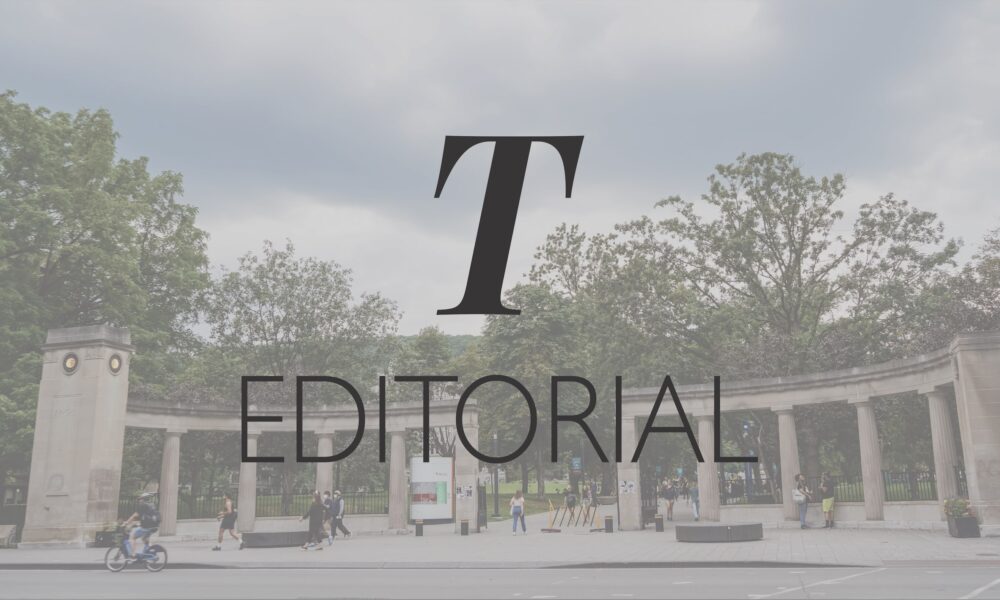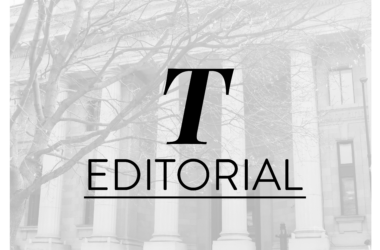On Nov. 16, Quebec’s Health Minister Christian Dubé recommended the use of face masks in public spaces again. In a press conference, he cited the rise in COVID-19 cases as well as the uptick in respiratory syncytial virus and influenza cases as a serious risk to public safety. What is being called a “tripledemic” has dramatically increased hospital bed occupancy in recent weeks, particularly in children’s wards. As a system already in disarray, the Quebec hospital network is completely unprepared to deal with what Dr. Luc Boileau, director of Quebec’s public health department, calls a “spicy cocktail” of respiratory viruses. To truly address this public health crisis, the provincial government and universities like McGill must centre disability rights in their COVID-19 policies to move away from violent medical and bureaucratic practices.
Public health officials have, at best, ignored disability rights and, at worst, curtailed them. Although disabled people are more at risk of suffering complications from COVID-19 infections and to die from the disease, public health policies have been geared towards “returning back to normal” rather than protecting the most vulnerable. An insistence on limiting COVID-19 measures even when the epidemiological situation requires them is proof that disabled lives are seen as disposable. Indeed, much of the language around COVID-19 deaths evokes eugenics ideology: Throughout the pandemic and beyond, the Canadian government has engaged in deplorable eugenicist practices, with hospital guidelines denying disabled people ventilators in favour of non-disabled patients, effectively issuing a death sentence for those deemed to have a lower chance of survival.
While discourse surrounding COVID-19 measures tends to focus primarily on the individual strain on our social lives and relationships, this kind of understanding ignores the calls by disability activists for a politics of care that focuses on mutual aid and community resources. Rather than being burdensome, public health measures like mask mandates can ensure that essential spaces are available and accessible to all, not just those who can weigh the risk of infection. The forging of a “new normal” requires a change in the perception of which lives are worth living, as well as the implementation of strong initiatives to support disabled people.
Institutions such as McGill have the power to lead this change. However, McGill’s response to the pandemic has been not only insufficient, but dangerous. Beyond masks, the university has virtually eliminated COVID-19 accommodations and case tracking efforts despite the continued spread of the virus. Lecture recordings are no longer mandatory, and professors still have the option to grade attendance. This leaves at-risk students in the precarious situation of having to attend class despite the dangers to their physical and mental health. Furthermore, McGill has not provided any support for immunocompromised professors who do not feel comfortable teaching in-person or being in crowded classrooms with unmasked students. This is just another iteration of McGill’s disregard for worker’s rights and a concerning manifestation of the university’s profit-forward thinking.
Considering that the provincial health system is in shambles, McGill must do everything in its power to alleviate the strain on Montreal hospitals. Instead, the substandard Wellness Hub consistently fails to address the needs of the student body and funnels a steady stream of students into emergency rooms because of insufficient resources. This adds to the burden of already overcrowded and understaffed hospitals in the province and shows students that their university cannot and will not care for their health.
As respiratory viruses continue to emerge, McGill must reinstate academic accommodations and make them a permanent feature of university life. Health concerns, especially for disabled people, are not seasonal, and students need proper support throughout their degrees. As such, exam accommodations must be accessible without the need of a doctor’s note, all lectures must be recorded, and mandatory attendance must be scrapped. The university also needs to reinstate case tracking and address outbreaks that take place in dining halls and residences like the health emergencies they are. Most importantly, McGill must reform the Wellness Hub and provide students with quality and accessible health care every single day.
Until McGill takes action, the university is a dangerous place for disabled students. A post-COVID world must be pro-disabled lives, otherwise we will return to the ableist and deadly status quo that got us here in the first place.









